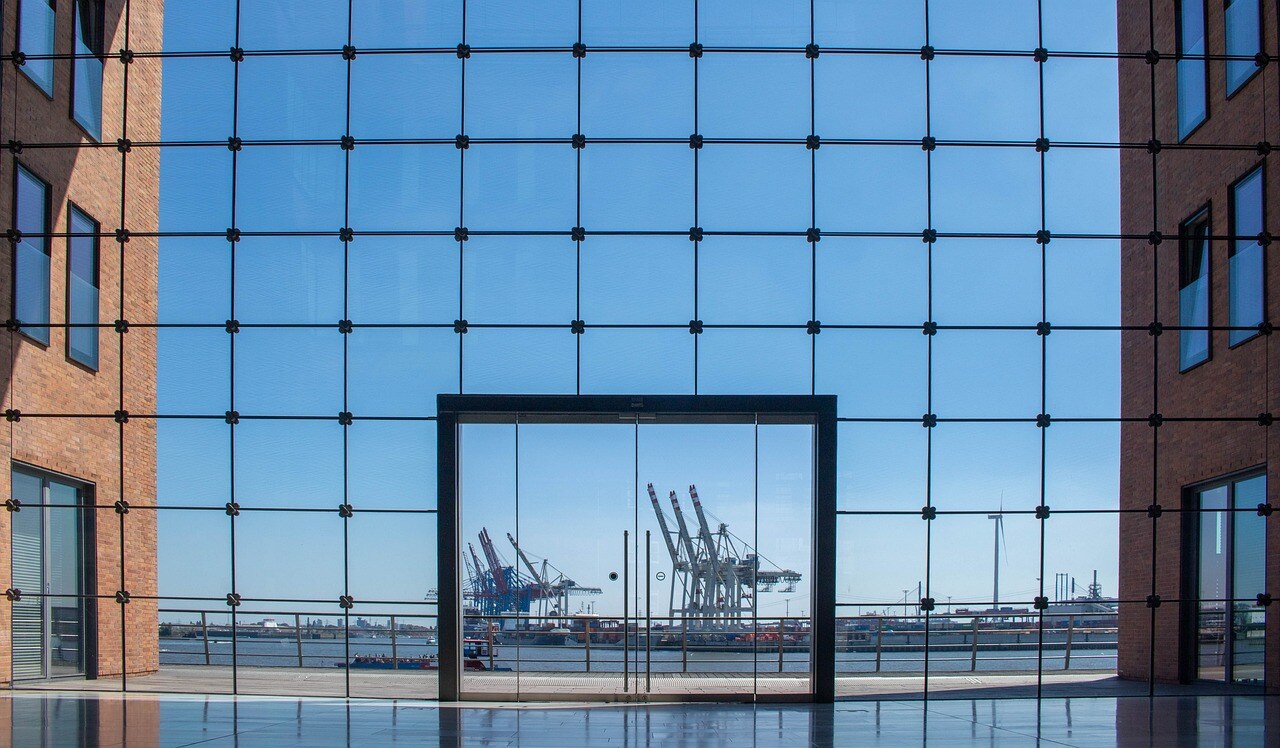This blog will explore the repercussions of failing to embrace sustainability in the transport sector and underline why companies should take proactive action.
The current landscape of sustainability in Transport:
Before we explore the risks of inaction, let's first understand the current state of sustainability in the transport industry. Despite the progress made, significant challenges remain. Transport companies face mounting pressure to reduce emissions, minimize environmental impact, and adopt cleaner technologies. Despite growing awareness, many companies need help navigating complex regulatory frameworks and implementing effective sustainability strategies.
Risks of Inaction:
- Reputational Damage: Reputational damage can have far-reaching consequences for transport companies. Environmental negligence or non-compliance with sustainability standards can tarnish a company's brand image and erode customer trust. Just one sustainability-related scandal can lead to widespread public backlash and long-term reputational harm.
- Loss of Contracts: Sustainability credentials are increasingly becoming a prerequisite for winning contracts in today's market as more companies prioritize environmental responsibility. Transport companies that need to demonstrate a commitment to sustainability risk losing out on lucrative business opportunities. Procurement processes now often include sustainability criteria, making it essential for companies to align with these expectations to remain competitive.
- Regulatory Penalties: Governments worldwide are enacting stricter regulations to curb carbon emissions and promote sustainable practices in the transport sector. Companies that fail to comply with these regulations face financial penalties and potential damage to their reputation and business operations. Non-compliance can lead to costly fines, legal proceedings, and even suspension of operations in extreme cases.
Financial Implications:
Transitioning to sustainable practices may require initial investment, but the long-term benefits outweigh the costs. By embracing sustainability, transport companies can reduce operational expenses, mitigate risks, and unlock new revenue streams. Additionally, sustainable practices can enhance brand value, attract environmentally conscious customers, and foster innovation.
The business case for sustainability:
- Competitive Advantage: Sustainability can be a powerful differentiator in a crowded market. Companies that proactively address environmental concerns can gain a competitive edge, attract top talent, and foster customer loyalty. By aligning with sustainability goals, transport companies can position themselves as industry leaders and drive positive change.
- Long-Term Viability: Sustainability is not just a moral imperative but essential for long-term business success. By integrating sustainability into their core business strategy, transport companies can future-proof their operations, adapt to evolving market trends, and build resilience against external shocks. Investing in sustainability today is an investment in the company's future viability and prosperity.
Recommendations for Action:
Transport companies must take decisive action to thrive in an increasingly sustainable world. A crucial part of the transport and logistics ability to shift towards sustainability itself will be down to Scope 3 emissions reporting capabilities, check out 'Unravelling Scope 3 emissions in transport' for a full breakdown of the associated emissions categories and insights how to start capturing them.
You can also start with these practical steps:
- Implement Sustainable Practices: Identify areas for improvement and implement measures to reduce emissions, optimize fuel efficiency, and minimize environmental impact throughout the supply chain.
- Collaborate and Engage: Foster partnerships with suppliers, customers, and industry stakeholders to drive collective action and amplify the impact of sustainability initiatives.
Conclusion:
The imperative for transport companies to prioritize sustainability has never been more evident. By addressing environmental concerns, mitigating risks, and embracing innovation, companies can safeguard their reputation and bottom line and contribute to a more sustainable future. The cost of inaction is too high to ignore – it's time for transport companies to lead the charge towards a greener, more sustainable future.







